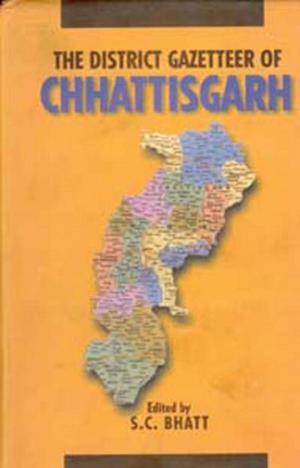Foreign Policy of Tunisia
Transition from Colonial Period to Post Colonial (1946-66)
Nonfiction, Social & Cultural Studies, Political Science, International, International Relations| Author: | Anju Bali | ISBN: | 9788121251273 |
| Publisher: | Gyan Publishing House | Publication: | June 30, 2014 |
| Imprint: | Gyan Publishing House | Language: | English |
| Author: | Anju Bali |
| ISBN: | 9788121251273 |
| Publisher: | Gyan Publishing House |
| Publication: | June 30, 2014 |
| Imprint: | Gyan Publishing House |
| Language: | English |
Most of the North African and Gulf countries are facing major domestic challenges in the nd 1st and 2 decades of the twenty first century. This century is considered as the post modern society, but these countries including Tunisia have been facing revolution. In this scenario the book deals with the foreign policy of Tunisia and it is very relevant. This book analyses the elements of both alteration and continuity in Tunisian foreign policy and policy making during the decades since independence. Continuity has been evident in the generally pragmatic and non-ideological thrust of policy in the p r i o r i t i z i n g o f d e v e l o p m e n t a n d modernization friendly international relations, and in the primacy of the presidential figure in determining the specifies of policy. Change at the international level has coincided with efforts to resolve the domestic economic crisis of the form of Tunisian participation in the process of globalization.
Most of the North African and Gulf countries are facing major domestic challenges in the nd 1st and 2 decades of the twenty first century. This century is considered as the post modern society, but these countries including Tunisia have been facing revolution. In this scenario the book deals with the foreign policy of Tunisia and it is very relevant. This book analyses the elements of both alteration and continuity in Tunisian foreign policy and policy making during the decades since independence. Continuity has been evident in the generally pragmatic and non-ideological thrust of policy in the p r i o r i t i z i n g o f d e v e l o p m e n t a n d modernization friendly international relations, and in the primacy of the presidential figure in determining the specifies of policy. Change at the international level has coincided with efforts to resolve the domestic economic crisis of the form of Tunisian participation in the process of globalization.















